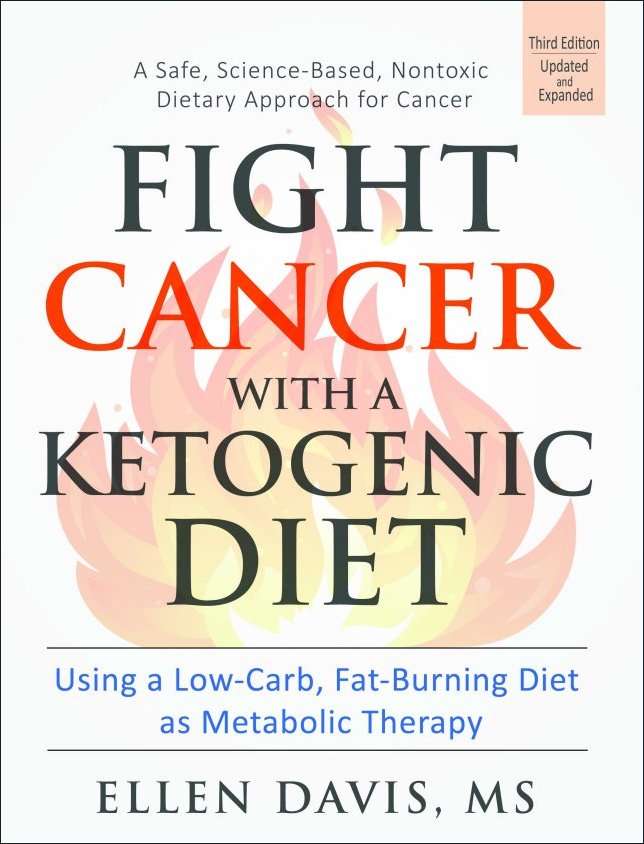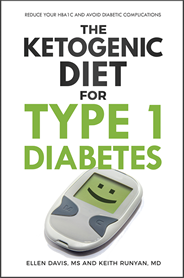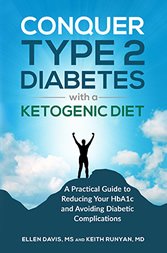The Causes of Coronary Heart Disease
Medical review by Albert J. Hart, MD

If you ask a doctor or other health professional about causes of coronary heart disease, you'll most likely get an answer mentioning one or all of these factors:
- too much saturated fat in the diet (eating too much butter, red meat and other animal based, cholesterol containing foods)
- high total cholesterol levels
- high LDL cholesterol levels
- patient has diabetes, which is strongly linked to heart disease.
The main belief of most physicians is that saturated fat and cholesterol cause clogged arteries, which leads to coronary heart disease. This idea is what researchers call the Diet-Heart Hypothesis.
There's a slight problem though. When you look at the actual research data, these factors DON'T have strong correlations with the development of heart disease. All of the negative information about cholesterol you've been told is incorrect. The cholesterol information that is true is a much different story.
In fact, cholesterol levels in the blood and saturated fat in the diet have NO effect on heart disease. This has been confirmed in several studies. Despite spending millions of dollars, research organizations in the US have never been able to establish a link between cholesterol levels, saturated fat intake and heart disease. High LDL cholesterol has some correlation, but only when the LDL particles are the small, dense, oxidized kind.
Saturated Fat
Let's look at saturated fat, the source of cholesterol, first. In this meta analysis published in 2010, Krauss et al concluded that "a meta-analysis of prospective epidemiologic studies showed that there is no significant evidence for concluding that dietary saturated fat is associated with an increased risk of CHD (coronary heart diease) or CVD (coronary vascular disease)."
And in this paper, Krauss et al wrote that REDUCING saturated fat intake can actually increase the risk of heart disease, as a reduction in fat intake usually means an increase in carbohydrate intake, and this increases triglycerides and LDL while decreasing HDL cholesterol.
Bottom line is that, replacing saturated fat and cholesterol containing foods with carbohydrates in the diet worsens both vascular and coronary heart disease risk factors. And replacing the saturated fat with polyunsaturated fats (eat vegetable oil instead of butter) is not good either, because doing this reduces both LDL and HDL, which increases risk ratios.
Cholesterol Levels
What about cholesterol levels in general? Isn't having a high cholesterol level one of the main causes of coronary heart disease?
Well, no, it's not. Many studies have shown that reducing cholesterol levels in the body results in a higher risk of death from all causes.
For instance, in the famous Framingham study, a long term (30 year) analysis of the data prompted researchers to write "There is a direct association between falling cholesterol levels over the first 14 years and mortality over the following 18 years.” In other words, people in the study who had the lowest cholesterol levels, died in the greatest numbers from all kinds of causes.
And in the this study published in 2001, researchers concluded after looking at a group of people over a 20 year period, that
"only the group with low cholesterol concentration at both examinations had a significant association with mortality. We have been unable to explain our results. These data cast doubt on the scientific justification for lowering cholesterol to very low concentrations in elderly people."
This study in Japan was designed to confirm the already declining rates of heart disease with participant cholesterol levels over a 10 year period. The researchers were baffled to find that cholesterol levels actually INCREASED during the study period, while death rates from heart disease DECREASED. The study authors wrote:
"Considerable increases in total serum cholesterol levels do not offer an explanation of the recent decline in mortality from coronary heart disease in Japan."
That would be because there is no relationship!
Bottom line: half of all heart attack victims have "normal" (below 200 mg/dl) cholesterol levels. If high cholesterol were one of the causes of coronary heart disease, why wouldn't all heart attack victims have high cholesterol levels?
High LDL Cholesterol Levels
Well, let's think about this. If a high total cholesterol level isn't one of the causes of coronary heart disease, and LDL is part of total cholesterol, then it follows that LDL cholesterol isn't one of the causes of coronary heart disease either. Well, true, but there's a caveat.
What IS important about LDL cholesterol is the LDL particle size.
LDL cholesterol particles come in two sizes. There's the large, fluffy kind, called pattern A, and the small, dense kind, called pattern B (also written as sdLDL).
If your LDL cholesterol particles are mostly the large, fluffy, pattern A kind, there is no heart disease risk correlation. But, if all of your LDL particles are the small, dense, pattern B kind, there's trouble in Coronary County.
The small, dense kind of LDL are more dangerous because they are more susceptible to being damaged by either oxidation or glycation. Oxidized LDL (oxLDL) has been damaged in a free radical reaction with oxygen, and is more susceptible to glycation, in which excess blood sugar "sticks" to the particles, damaging their ability to function correctly. Once the sdLDL is damaged, then it has a tendency to become sticky and lodge in your arteries where it inflames the tissue and causes further damage.
So now that we know saturated fat and cholesterol aren't the causes of coronary heart disease, let's look at some alternative, and largely ignored facts about what causes heart disease next.
All of my books are available in electronic PDF, and now in paperback on Amazon!
 |
 |
 |
|
Buy paperbook on Buy paperback on Amazon Buy the e-Book via Paypal |
Buy paperback on Buy paperback on Amazon Buy the e-Book via Paypal |
Buy paperback on Buy paperback on Amazon Buy the e-Book via PayPal |
Done with the Causes of Coronary Heart Disease, back to home